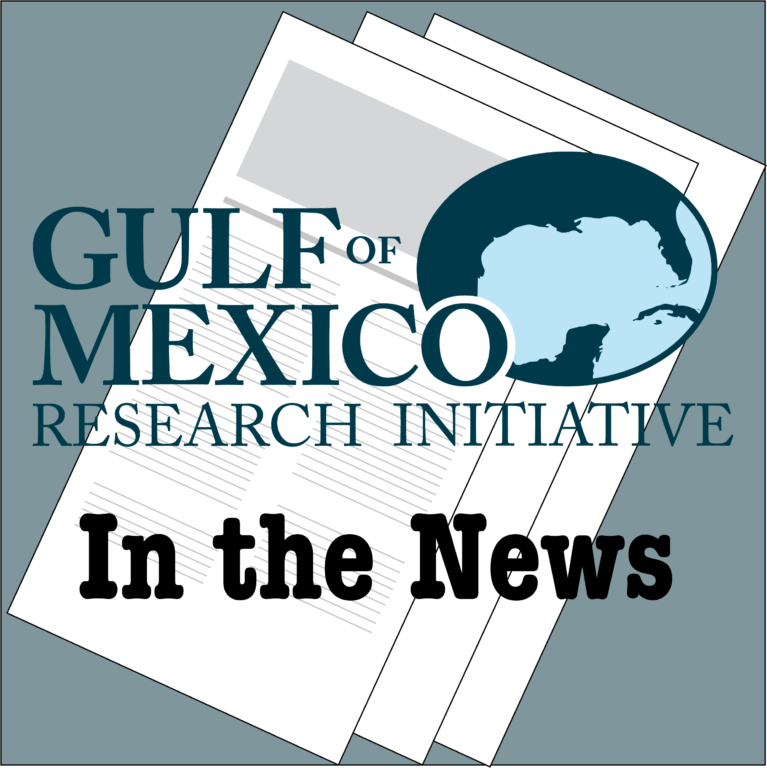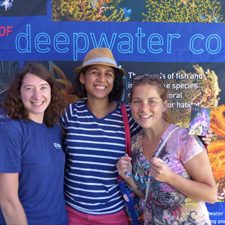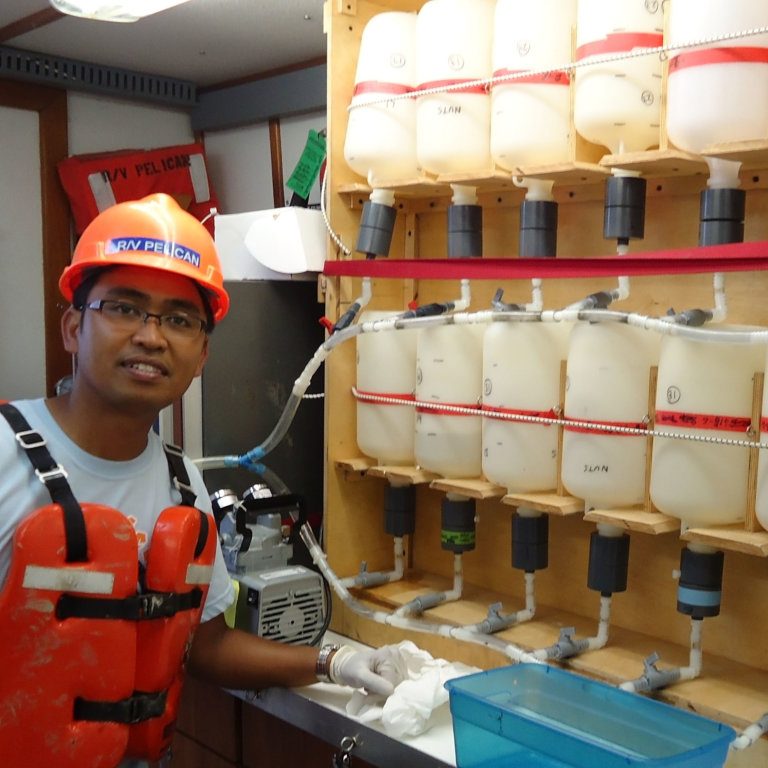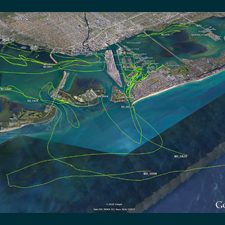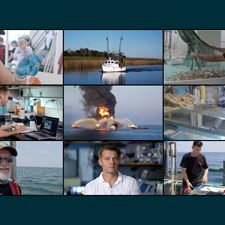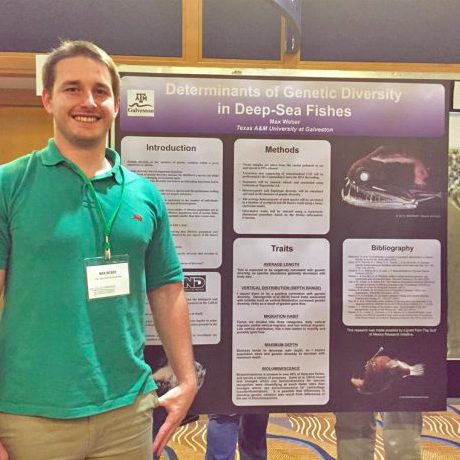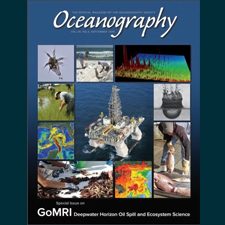BP Deepwater Horizon oil sped erosion in worst-coated marsh, study says
Patches of marsh grass that had a 90 percent or greater coating of oil from the BP Deepwater Horizon disaster suffered dramatic erosion rates during the two years after the 2010 well blowout, according to a new study. These marshes “didn’t recover; they’re now gone, having been converted to mudflats,” one of the lead scientists said.

